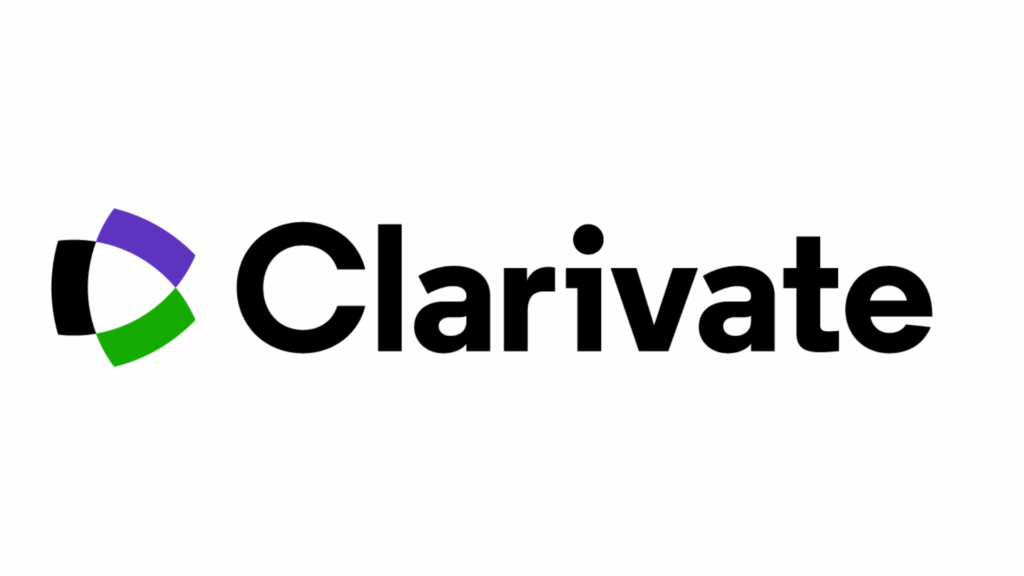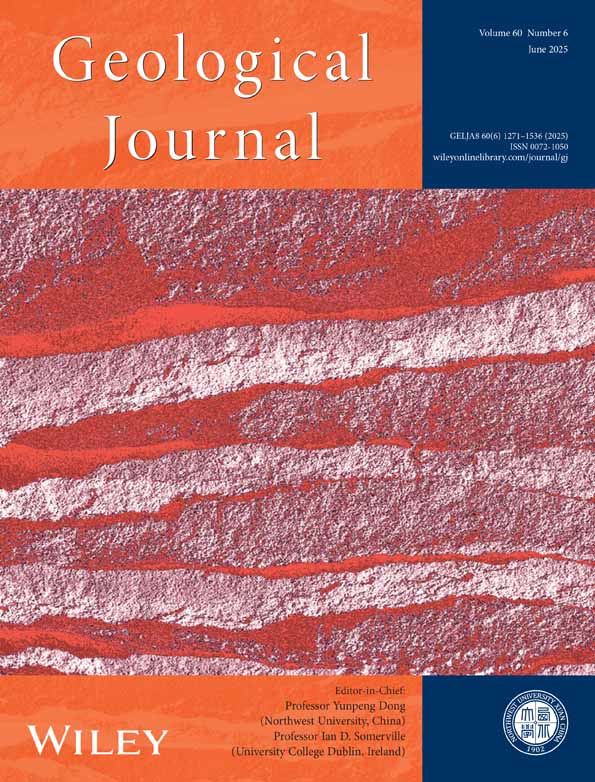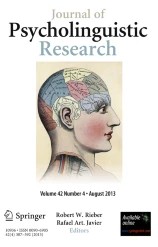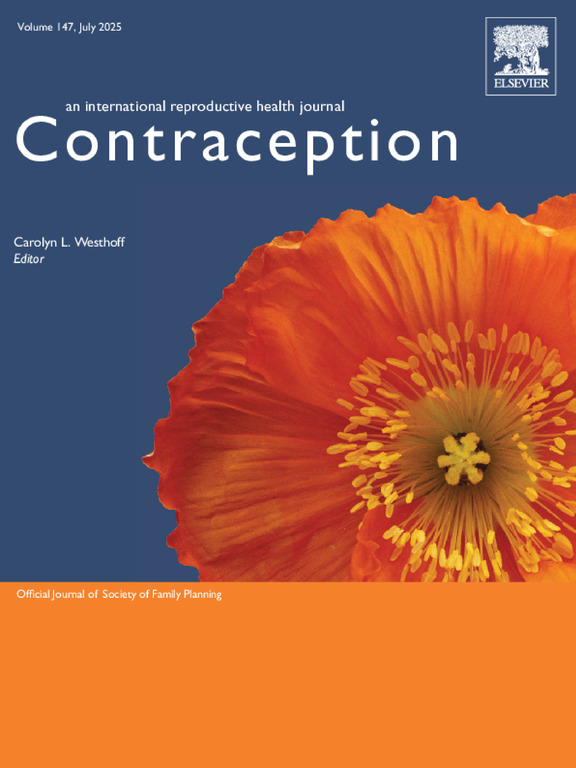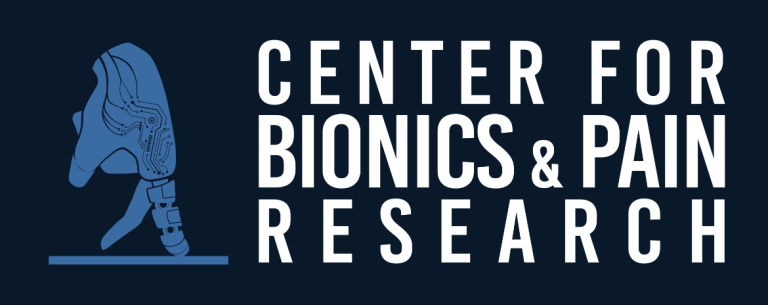
Two Swedish agencies have closed their investigations into a high-profile research center at Chalmers University of Technology that was suspended last year for “shortcomings in the operations.”
The Center for Bionics and Pain Research (CBPR), known for its work on restoring limb function, was scrutinized and ultimately shut down after a university investigation last April found scientists at the center conducted research without sufficient permits, had inadequate quality assurance processes and handled sensitive personal data poorly, and found “shortcomings” in legal agreements for the center’s operations.
Now, subsequent investigations by the country’s Medical Products Agency, which regulates medical devices and clinical trials, and the Ethics Review Appeal Board have ended, with both agencies declining to pursue further action.
Continue reading Swedish regulators drop investigations into Chalmers’ prosthetics lab



